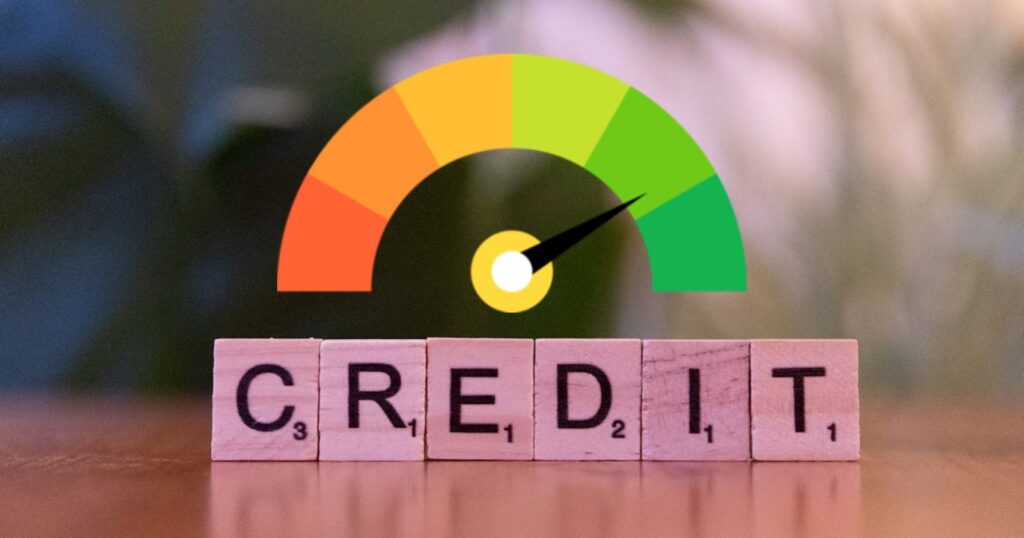Think of your credit score as your character’s stats in the game of life – it unlocks better opportunities, from snagging that new apartment to financing your next big purchase. A low score can feel like constantly hitting a “game over” screen when it comes to loans and interest rates. If you’ve been wondering, “How can I improve my credit score?”, you’ve come to the right place. Just like mastering a new skill in your favorite game, boosting your credit takes understanding the rules and implementing some smart strategies. Let’s dive into some key tactics that can help you improve my credit score and get you back in the financial winning zone.
Understanding the Playing Field: What Impacts Your Score?
Before we get into the “how-to,” it’s crucial to understand the factors that influence your credit score. Think of these as the core mechanics of the credit game:
- Payment History (the MVP): This is the biggest factor. Paying your bills on time, every time, is like consistently landing critical hits. Late payments are like taking damage to your score.
- Amounts Owed (Credit Utilization): This looks at how much of your available credit you’re using. Maxing out credit cards is like carrying too much inventory – it weighs you down. Keeping your utilization low (ideally below 30%) shows you’re managing your credit responsibly and helps you improve my credit score.
- Length of Credit History: The longer you’ve been using credit responsibly, the better. It’s like leveling up your character over time, showing a history of reliability.
- Credit Mix: Having a mix of different types of credit (like credit cards and installment loans) can be a positive factor, showing you can manage various credit types.
- New Credit: Opening many new credit accounts in a short period can temporarily lower your score. It signals higher risk to lenders.
Also read: Cryptocurrency Taxes Explained: A Beginner’s Guide
Leveling Up: Actionable Steps to Improve Your Score
Now for the strategies to help you improve my credit score:
1. Pay Your Bills On Time, Every Time
This might sound like a no-brainer, but it’s the most crucial step to improve my credit score. Set up automatic payments or reminders to ensure you never miss a due date. Even one late payment can ding your score. Think of it as setting your alarm to avoid missing a raid – consistency is key!
2. Reduce Your Credit Utilization
This is like shedding unnecessary weight to move faster. Aim to use less than 30% of your available credit on each of your credit cards. For example, if you have a $1000 limit, try to keep your balance below $300. Paying down your balances can significantly improve my credit score.
3. Don’t Close Old, Unused Credit Card Accounts
As long as they don’t have high annual fees, keeping older, unused credit cards open can actually help your credit utilization and the length of your credit history, both factors that help improve my credit score. It’s like keeping a reliable, old weapon in your inventory – it adds to your overall strength.
4. Review Your Credit Reports Regularly
Just like checking your stats in a game, regularly reviewing your credit reports from all three major credit bureaus (Equifax, Experian, and TransUnion) is essential. You can get a free copy of each report annually at AnnualCreditReport.com. Look for any errors or inaccuracies and dispute them immediately. Correcting errors can quickly improve my credit score.
5. Be Cautious About Opening New Credit Accounts
While a good credit mix can be beneficial, opening too many new accounts in a short period can lower your score. Only apply for credit when you truly need it. Think of it as carefully choosing your new gear – don’t just grab everything at once.
6. Consider Becoming an Authorized User
If a trusted friend or family member with a strong credit history is willing, becoming an authorized user on their credit card can help you improve my credit score. Their positive payment history can reflect on your credit report.
7. Explore Credit Builder Options
If you have a limited or poor credit history, consider options like secured credit cards or credit-builder loans. These tools are designed to help you establish a positive payment history and improve my credit score over time.
The Long Game: Consistency is Key
Improving your credit score isn’t an overnight hack; it’s a marathon, not a sprint. Consistent responsible credit behavior over time is the most effective way to improve my credit score and maintain a healthy financial profile. By understanding the rules of the game and implementing these strategies, you can level up your finances and unlock better opportunities down the road. Stay consistent, stay informed, and watch your credit score climb!











